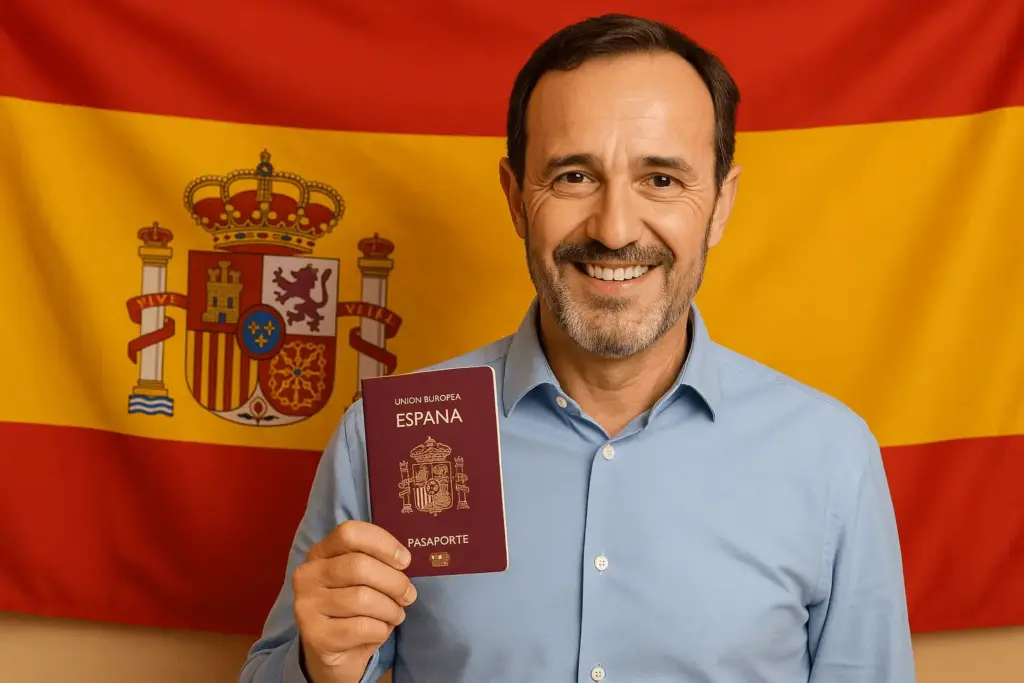State of National Emergency in Spain
Since Spain declared the State of National Emergency on 14th March to combat COVID-19, many foreigners have got caught in the middle of their immigration procedures, stayed in Spain with a Spain with a tourist visa or without any visa, unable to leave because their flights were cancelled.
The first few days were rather chaotic, and travellers and lawyers alike were expecting instructions from the Spanish Government. These came last week from the Directorate General of Migration (DGM). In its Statement, DGM clarified the application of Royal Decree 463/2020 of 14th March in regard to ongoing immigration procedures, in particular on how to interpret the suspension and interruption of administrative and procedural deadlines established by Royal Decree 463/2020.
Here is what may be of a use to you if you are in one of those cases.
1) Foreigners in Spain on a Schengen visa or a 90-day visa free stay:
The expiry dates of short-term stays are now suspended until the National State of Emergency in Spain is lifted. That means that if your visa or your visa-free period expires during this time and you can’t leave due to the travel restrictions caused by the current coronavirus crisis, you don’t need to formally request an extension of stay like beforehand, and can simply stay in Spain until the current situation has ended.
This measure was first introduced at the end of February for those residents in China whose return was not possible due to flight cancellations, but the spread of the disease to the entire world led to the general extension of this measure to all foreigners.
2) Foreigners who submitted their residence permit applications before 14th March:
If the Immigration Office finds that your case does not require any additional documents and you fulfil the requirements for the residence permit requested, you are likely to receive your approval resolution shortly. Bear in mind, however, that if you did not apply online, the delivery of mail may take much longer.
If your case requires some additional documents, the Immigration Office will send you a letter requesting that you submit those additional documents. Normally you would need to submit them within 10 days, however, Royal Decree 463/2020 suspended all administrative deadlines, therefore this 10-day period will start being counted when the National State of Emergency is lifted.
However, if you have those documents and can submit them online, you can do it at any time, and, if they are sufficient, the Immigration Office will send you the approval of your residence permit.
If your application is denied and you receive a notice from the Immigration Office, the time period to appeal will begin when the National State of Emergency is lifted.
In some cases, the law allows for residence permits to be approved “by administrative silence” if the Immigration Office doesn’t respond on time. If this applies to your case, and the deadline of response expired before 14th March, the Immigration Office is obliged to send you the “approval by administrative silence”.
3) Foreigners who submitted their residence permit applications after 14th March:
This can only be done online, with your own digital signature or through a lawyer.
All the rules from Point 2) above will apply.
If the Immigration Office finds that you must come for an in-person interview, they will suspend your application and summon you after the National State of Emergency is lifted.
4) If you had an in-person appointment with the Immigration Office after 14th March:
It will be cancelled, and you will receive an exceptional authorization to submit your application online with your digital signature or through a lawyer.
5) If you had a in-person appointment to get your residence card (TIE) with the Immigration Police after 14th March:
It will be cancelled. So far the Immigration Police has not explained how they will reassign those appointments. Hopefully, it will be done in an organized and quick manner, without making people go through the process of booking another one though their online platform.
More information in this official link.
If you have any questions regarding your case, do not hesitate to contact us for further clarifications.




